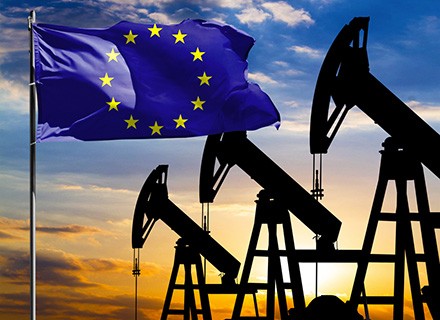Intercontinental Exchange Inc. (ICE) has warned the European Union that its proposal to cap gas prices would make it more likely that prices rise to hit the cap.
A cap was proposed by the European Commission last month, and it would go into effect if the front-month price on the Dutch Title Transfer Facility (TTF) gas hub topped 275 euros (USD 288) for two weeks.
Despite it being designed to cushion European Union countries’ economies from gas price spikes, ICE, which facilitates TTF trading, warned the Commission in a report that the idea might instead raise prices.
The report stated that liquidity providers were likely to buy back short positions and stop selling TTF gas futures if prices climbed to even relatively near the cap level, to cover themselves against the risk of holding short positions when the cap was triggered, a situation in which they would face “no certainty about what they are trading and what their risk is.”
Prices in the TTF market will rise as a result of the shortage of vendors, it claimed.
“Our customer outreach and internal risk assessment suggest that the mere presence of a cap significantly increases the probability of the cap being triggered,” the report said.
After the Association of European Energy Exchanges warned of potential negative implications, European Union energy commissioner Kadri Simson held a video call with officials from energy exchanges to discuss the cap.
Kadri Simson said in a tweet, “The European Union Commission hears the concerns and arguments expressed by the representatives of the European Gas Exchanges. We are aware of them. This is why the proposal includes strong safeguards.”
The safeguards include the possibility of an emergency suspension of the price ceiling by the Commission in the event that it had unfavorable effects, such as threats to financial stability or European gas flows.

